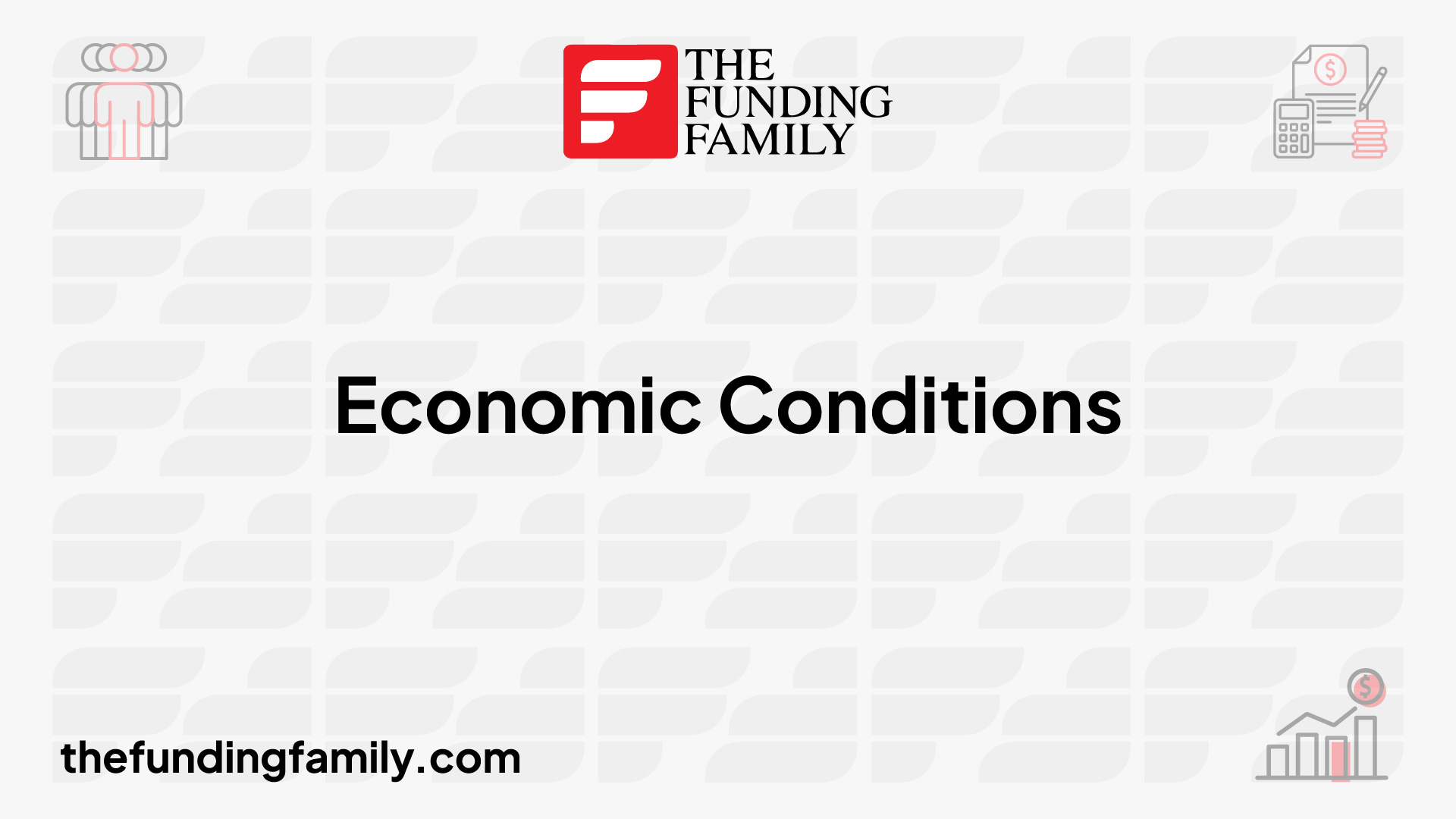Understanding Accident History and Its Impact on Car Insurance
Not all mishaps are made equal, especially when it comes to car accidents. Insurers delve into the details of your driving record, scrutinizing every fender bender and collision, to assess your risk profile. A spotless record earns you the coveted title of a “safe driver,” while a history marred by accidents can cast you as a high-risk policyholder, driving up your insurance premiums. Understanding how your accident history influences your coverage is paramount, as it directly impacts the cost and availability of car insurance.
Types of Accidents and Their Impact
Not all accidents carry the same weight in the eyes of insurance companies. Minor fender benders, while not ideal, typically have a less severe impact on your premiums compared to more serious collisions involving injuries or property damage. However, even a seemingly insignificant fender bender can raise eyebrows if it becomes a recurring pattern, suggesting a trend of careless driving. Insurers evaluate the severity, frequency, and fault in each accident, using this information to determine your risk level.
Consequences of an Accident History
Getting into an accident can have far-reaching consequences for your car insurance. Brace yourself for higher premiums, as insurers view you as a more likely candidate for future mishaps. The severity and frequency of your accidents dictate the extent of the premium increase. Multiple accidents within a short period can lead to cancellation or non-renewal of your policy, leaving you stranded without coverage. In some cases, you may be required to obtain a high-risk insurance policy, which comes with even steeper premiums.
Insurance Options for Drivers with an Accident History
Even with an accident history, finding affordable car insurance is not an insurmountable task. Several companies specialize in providing coverage to drivers with less-than-perfect records. These insurers often offer tailored policies with flexible payment plans and deductibles to accommodate your specific needs. If you have a long history of safe driving before your accident, you may qualify for accident forgiveness programs, which can help mitigate the impact of a single mishap on your premiums.
Best Car Insurance for Accident History
Driving is a part of life for many, yet accidents can happen to even the most cautious drivers. If you have an accident history, finding affordable car insurance can be a challenge. However, there are insurers who specialize in providing coverage for drivers with less-than-perfect records. This article will delve into the factors considered by insurance companies when assessing risk and premiums for drivers with accident history, and provide insights on the best car insurance options available.
Factors Considered by Insurance Companies
When determining the risk associated with insuring a driver with an accident history, insurance companies meticulously evaluate several key factors. The severity of the accident plays a significant role. A minor fender bender will likely have less impact on your premiums than a major collision. The at-fault party in an accident also influences the determination of risk. Drivers who are deemed responsible for an accident are typically assigned higher premiums than those who are not at fault. Furthermore, your driving record prior to the accident is taken into consideration. A history of traffic violations or previous accidents can further increase your insurance costs.
Understanding Fault and Accident Severity
Insurance companies use a complex system to assess fault and categorize the severity of accidents. Factors such as the police report, witness statements, and property damage are carefully examined to determine who is responsible for the accident. The severity of an accident is typically classified on a scale ranging from minor to catastrophic. Minor accidents, involving only cosmetic damage, generally have a lesser impact on insurance premiums than more severe accidents, such as those involving serious injuries or extensive vehicle damage.
Fault Determination: A Balancing Act
Determining fault in an accident can be a contentious process. Insurance companies rely on various sources of evidence to assign blame, including police reports, witness statements, and physical evidence at the accident scene. It is important to note that fault is not always clear-cut. In some cases, both drivers may share responsibility for the accident, resulting in a proportional allocation of fault.
Severity Assessment: A Spectrum of Consequences
The severity of an accident is not always straightforward to assess. Insurance companies use a range of criteria to categorize accidents, considering factors such as the extent of property damage, the number and severity of injuries, and the potential for long-term disability or even death. Accidents with more severe consequences will typically result in higher insurance premiums.
Best Car Insurance Options for Drivers with Accident History
When you have an accident on your driving record, finding affordable car insurance can feel like an uphill battle. Fortunately, several insurers specialize in providing coverage for high-risk drivers. These policies may come with higher premiums, but they can give you peace of mind knowing that you’re protected on the road.
In this article, we’ll explore the best car insurance options for drivers with accident history. We’ll also provide tips on how to find the right policy and save money on your premiums.
High-Risk Driver Insurance Options
Drivers with a history of accidents can explore specialized insurance policies designed for high-risk individuals. These policies typically offer higher coverage limits and lower deductibles than standard policies. However, they may also come with higher premiums
There are several different types of high-risk driver insurance policies available. Some of the most common include:
- Assigned risk pools: These are state-run programs that provide insurance to drivers who cannot obtain coverage from a standard insurer.
- Non-standard insurance companies: These companies specialize in providing coverage to drivers with high-risk factors, such as accidents, speeding tickets, or DUIs.
- Usage-based insurance: These policies track your driving habits and adjust your premiums based on how safely you drive.
The best type of high-risk driver insurance for you will depend on your individual circumstances. It’s important to compare quotes from several different insurers before making a decision.
Best Car Insurance for Accident History
When it comes to safeguarding yourself against financial losses in the event of a car accident, having reliable car insurance is paramount. But what if you’re a driver with an accident on your record? Does that mean you’re doomed to pay exorbitant insurance premiums? Not necessarily! In this article, we’ll delve into the concept of car insurance for drivers with accident history and explore the best options available.
Insurance Considerations for Drivers with Accident History
After an accident, you might anticipate a hike in your insurance premiums. This is because insurance companies assess risk based on your driving history. An accident on your record indicates a higher risk of future accidents, prompting insurers to increase your premiums to offset the potential costs.
SR-22 Policies
In some cases, drivers may be required to obtain an SR-22 certificate as proof of financial responsibility after a serious accident. This certificate verifies that you have the minimum required insurance coverage, which varies by state. SR-22 policies act as a safety net, ensuring that high-risk drivers maintain insurance and reduce the likelihood of driving without coverage.
Finding the Right Insurance Company
Navigating the insurance market can be a daunting task, especially for drivers with accident history. However, don’t despair! Several reputable insurance companies specialize in providing coverage for high-risk drivers. These companies understand that everyone deserves a second chance and are willing to work with you to find a policy that fits your needs and budget.
Tips for Lowering Premiums
It’s no secret that an accident on your record can lead to higher premiums. But there are steps you can take to minimize the impact on your wallet:
- Maintain a clean driving record going forward. Avoid any further accidents or traffic violations.
- Enroll in a defensive driving course. This demonstrates your commitment to improving your driving skills.
- Increase your deductible. A higher deductible means lower premiums, but be sure you can afford the out-of-pocket costs in the event of an accident.
- Shop around for quotes. Compare rates from multiple insurance companies to find the best deal.
Remember, getting the best car insurance for accident history is not simply about finding the cheapest option but about finding the right coverage at the right price. By following these tips, you can secure the protection you need without breaking the bank.
Finding the Best Car Insurance for Accident History
If you’ve had the misfortune of being involved in a car accident, you know that it can be a time-consuming and expensive experience. And if you’re looking for car insurance, you may be wondering how your accident history will affect your rates. The good news is that there are still plenty of options for car insurance, even if you have an accident on your record. But, you must do your research and shop around to find the best deal. Here are a few things to keep in mind as you’re looking for car insurance with an accident history:
Comparing Quotes
One of the most important things you can do when you’re looking for car insurance is to compare quotes from multiple companies. This will help you find the best rate for the coverage you need. When you’re comparing quotes, be sure to compare apples to apples. Make sure you’re getting quotes for the same coverage limits and deductibles. Once you’ve compared a few quotes, you can choose the company that offers the best rate and coverage for your needs.
Coverage Limits and Deductibles
When you’re choosing car insurance, it’s important to consider your coverage limits and deductibles. Coverage limits refer to the maximum amount that your insurance company will pay for a covered loss. Deductibles refer to the amount of money that you have to pay out-of-pocket before your insurance coverage kicks in. Higher coverage limits and lower deductibles will result in higher premiums. But, they will also provide you with more financial protection in the event of an accident.
Factors That Affect Rates
In addition to your accident history, there are a number of other factors that can affect your car insurance rates. These include your age, gender, driving record, credit score, and the type of car you drive. If you’re a young driver, a male, or have a poor driving record, you can expect to pay higher rates. However, there are still ways to save money on your car insurance. You can shop around for the best rate, take advantage of discounts, and increase your deductible.
Discounts for Accident Forgiveness
Some insurance companies offer discounts for accident forgiveness. This means that your insurance company will not raise your rates after your first accident. However, accident forgiveness is typically only available to drivers who have a good driving record. If you have multiple accidents on your record, you may not be eligible for accident forgiveness. Even if you don’t qualify for accident forgiveness, there are still ways to save money on your car insurance. You can shop around for the best rate, take advantage of discounts, and increase your deductible.
Finding the Right Company
When you’re looking for car insurance, it’s important to find a company that you can trust. You want to make sure that your insurance company will be there for you when you need them. Do your research and read reviews before you choose an insurance company. You can also ask your friends and family for recommendations. Once you’ve found a few companies that you’re interested in, be sure to compare quotes and coverage options before making a decision. Finding the right car insurance company can help you save money and protect your finances in the event of an accident.
Best Car Insurance for Accident History
If you’ve recently been in a car accident, you’re likely wondering how it will affect your insurance rates. Unfortunately, accidents can lead to higher premiums, but there are steps you can take to minimize the impact. Here’s what you need to know about finding the best car insurance for accident history.
Maintaining a Clean Driving Record
After an accident, the best way to lower your insurance premiums is to maintain a clean driving record. This means avoiding any further accidents or traffic violations. Even minor infractions can add up and increase your rates.
Finding the Right Insurance Company
Not all insurance companies are created equal when it comes to dealing with accident histories. Some companies may charge higher premiums for drivers with accidents, while others may be more forgiving. It’s important to shop around and compare quotes from different companies to find the best deal.
Discounts for Accident Forgiveness
Some insurance companies offer accident forgiveness programs. These programs allow you to have one or more accidents without it affecting your rates. However, these programs typically come with a higher premium. If you’re a high-risk driver, it may be worth considering an accident forgiveness program.
Other Ways to Lower Your Rates
In addition to maintaining a clean driving record and finding the right insurance company, there are other things you can do to lower your car insurance rates after an accident. These include:
- Increasing your deductible
- Taking a defensive driving course
- Installing anti-theft devices
- Bundling your car insurance with other policies
Conclusion
If you’ve been in a car accident, don’t despair. There are steps you can take to minimize the impact on your insurance rates. By following these tips, you can find the best car insurance for accident history and get back on the road to financial recovery.




Leave a Reply